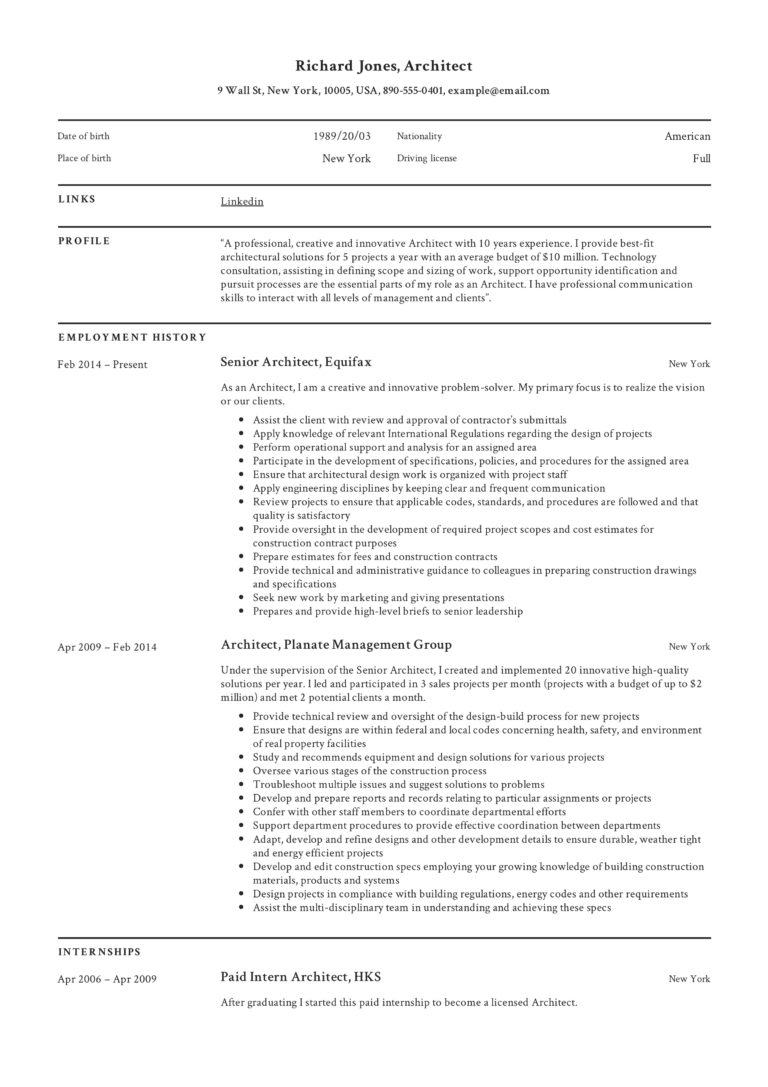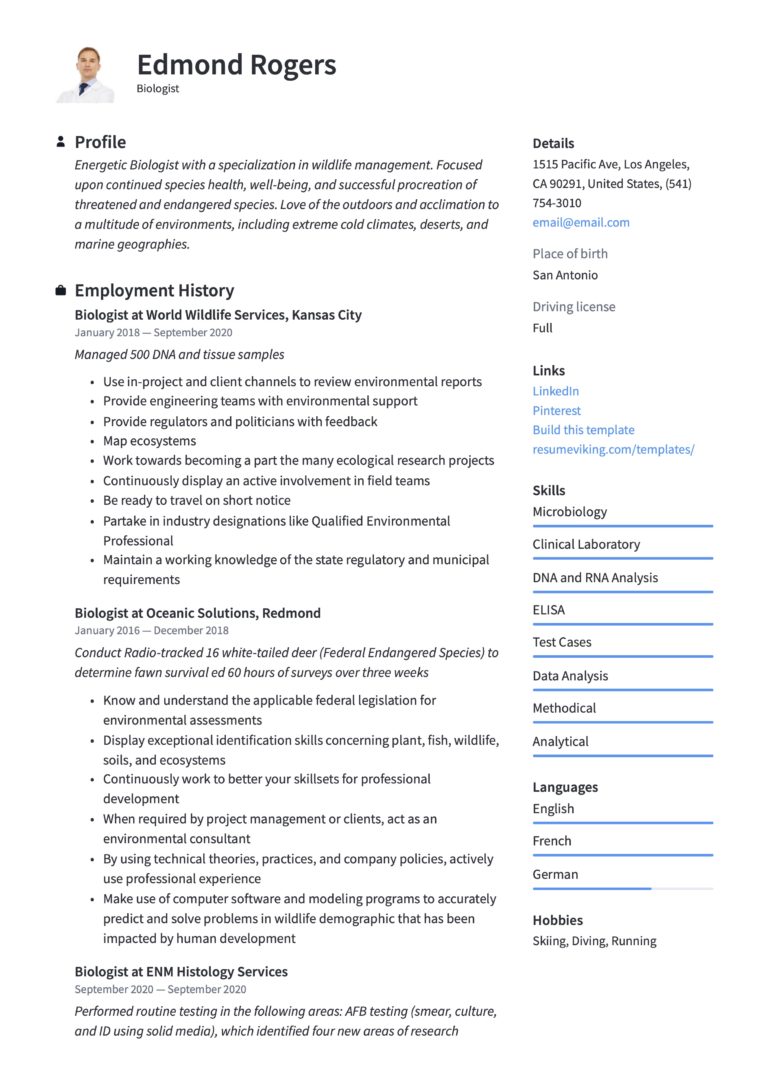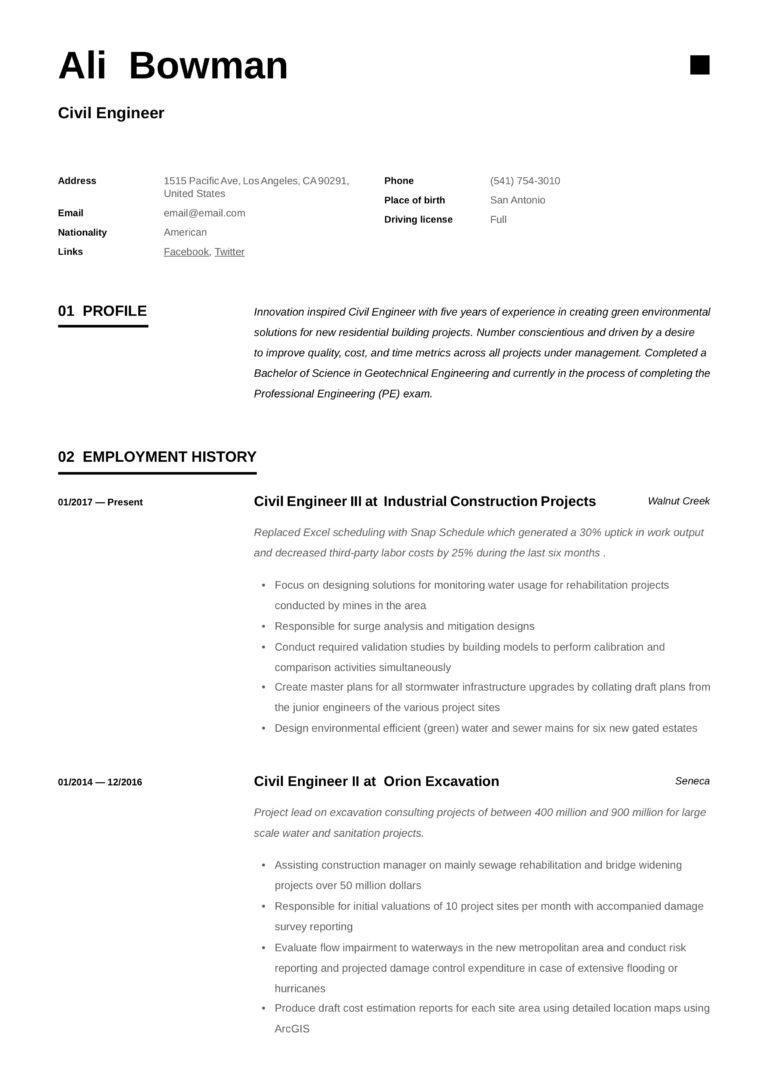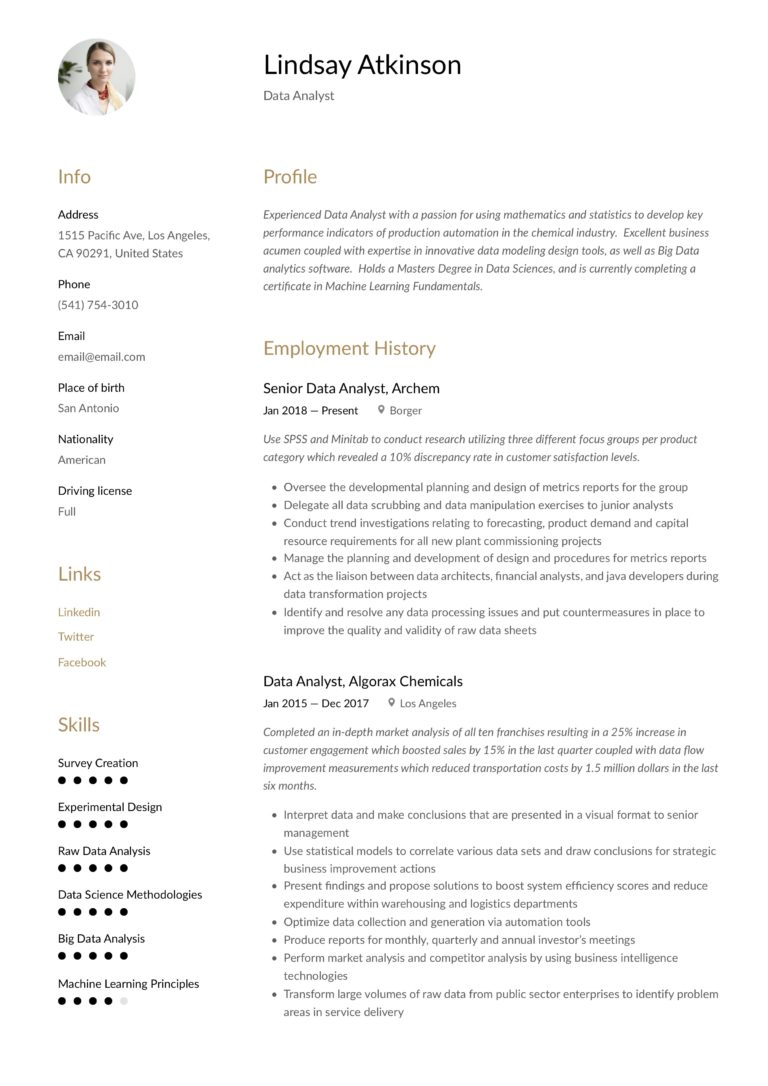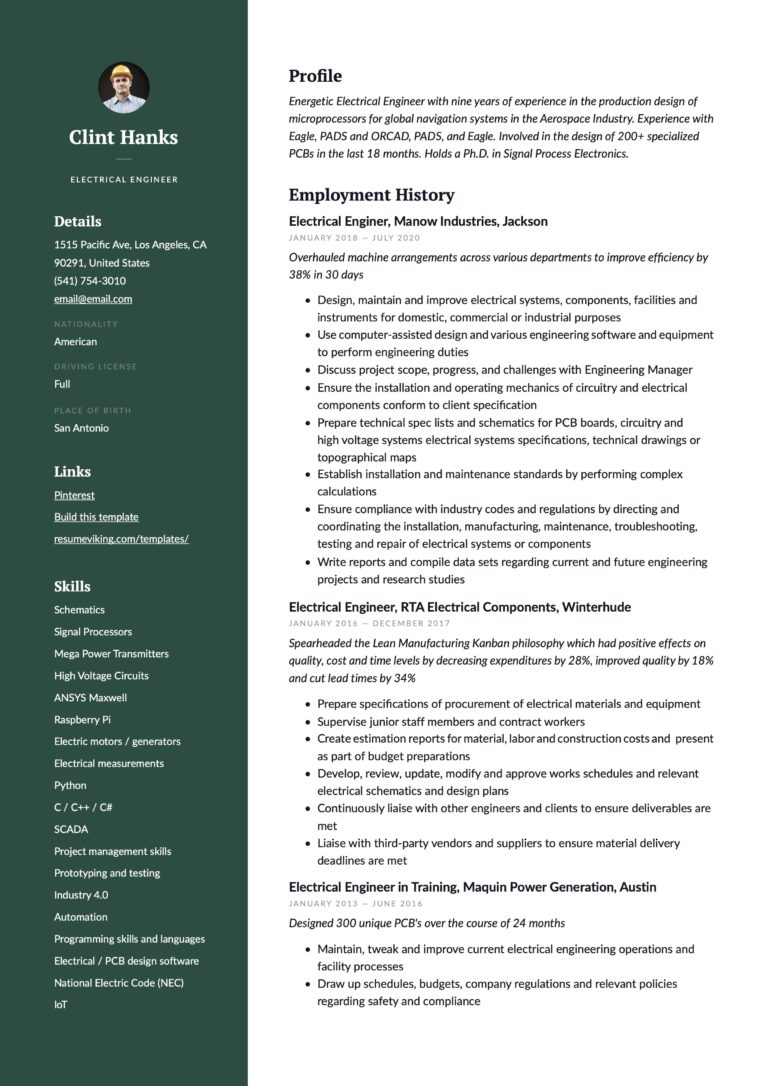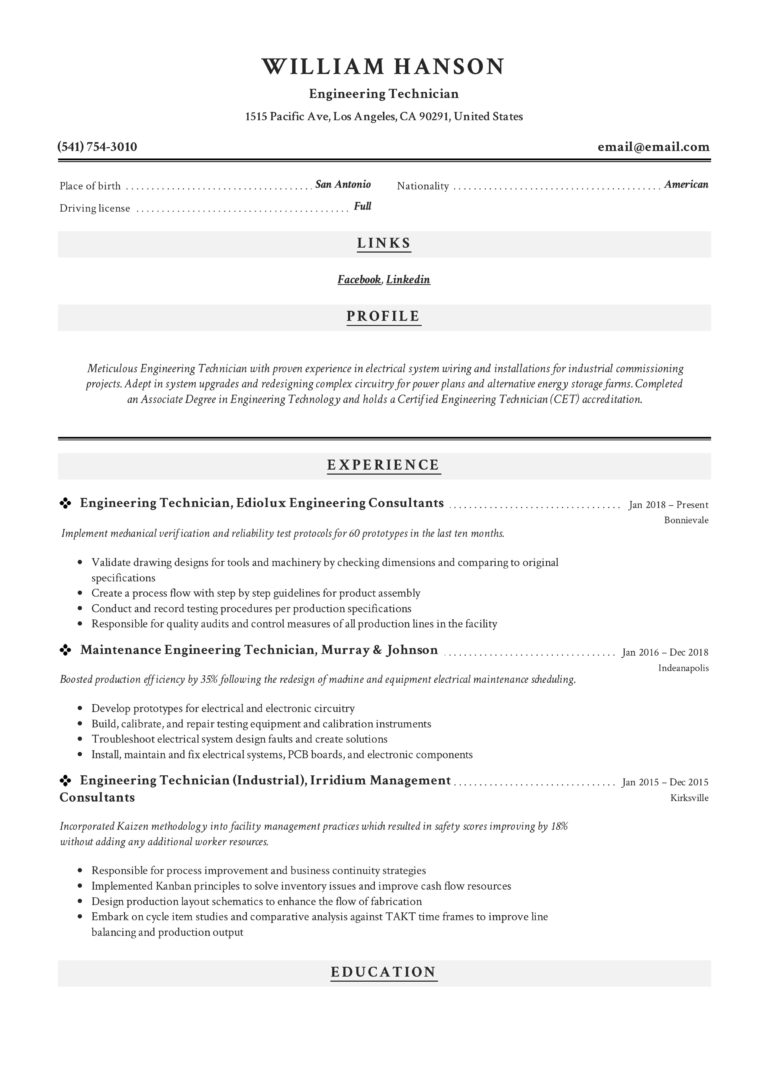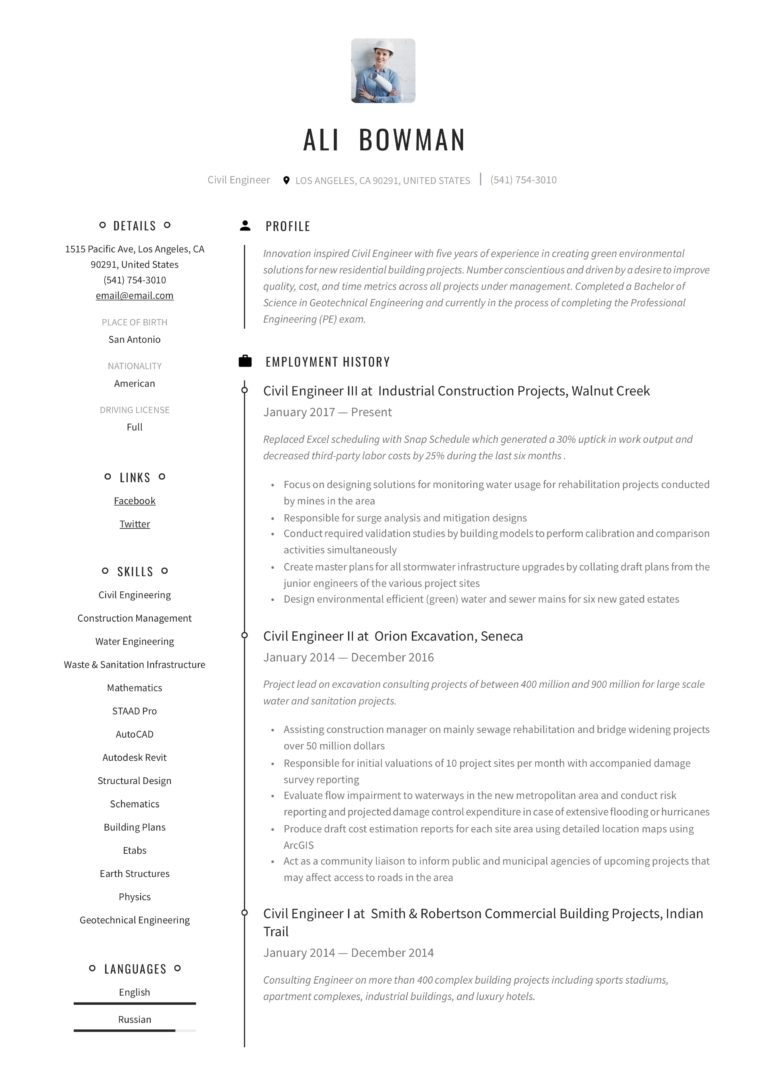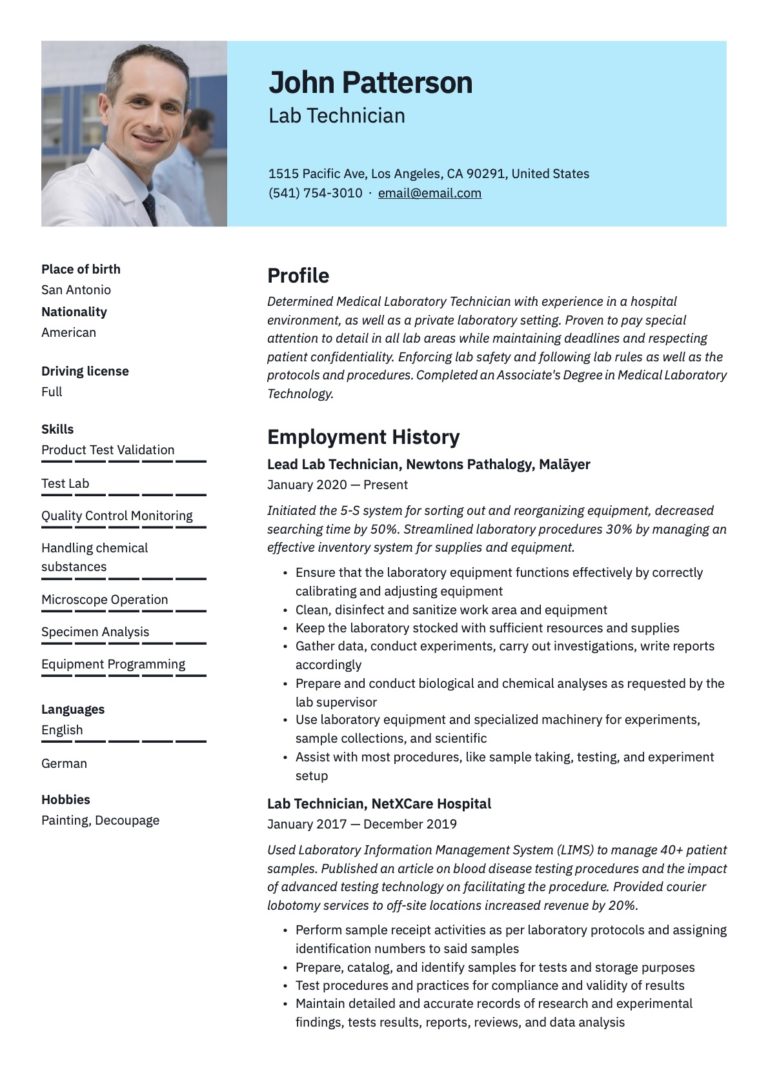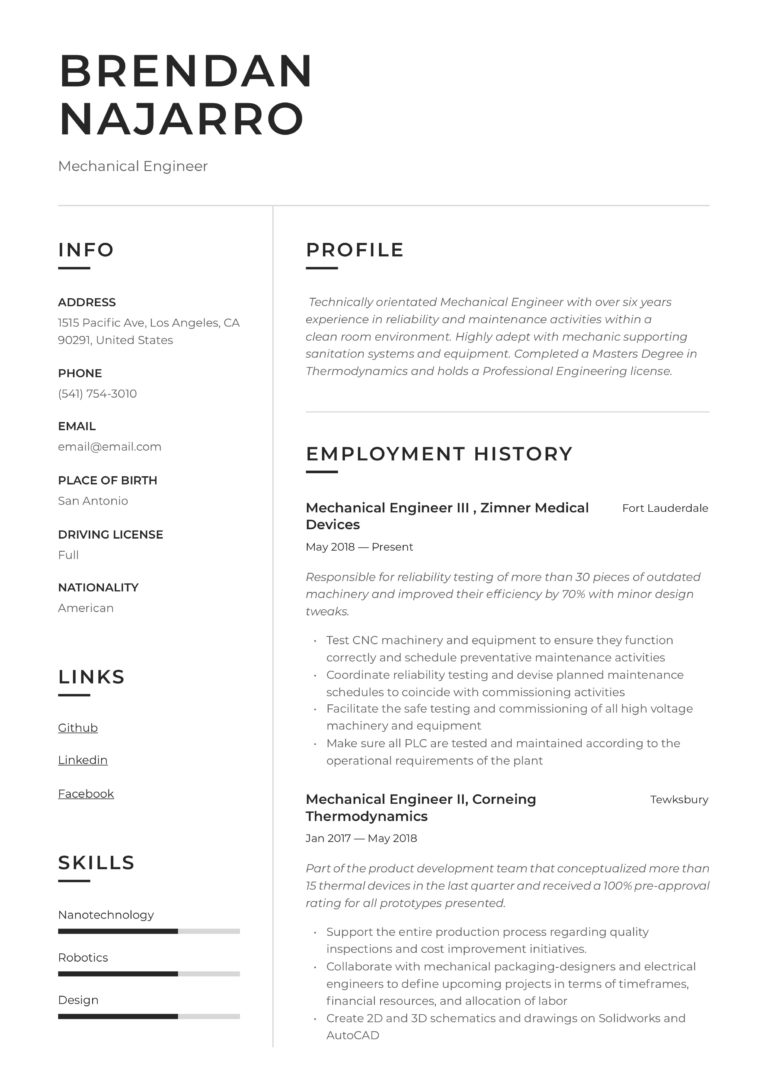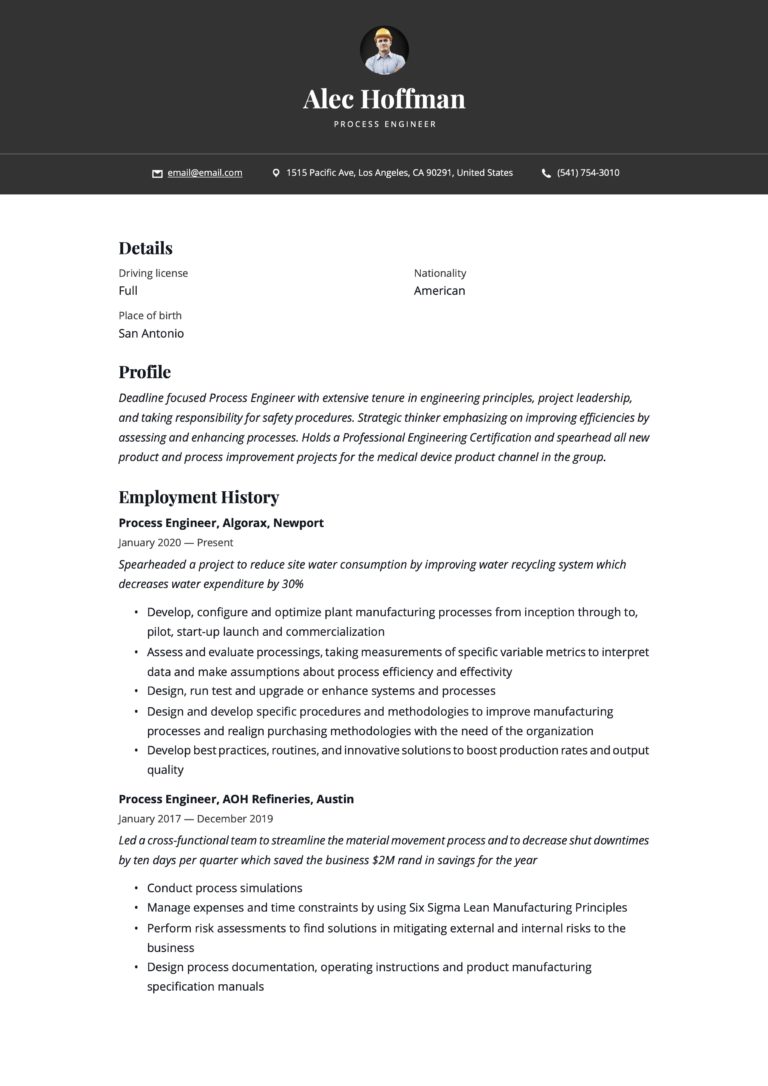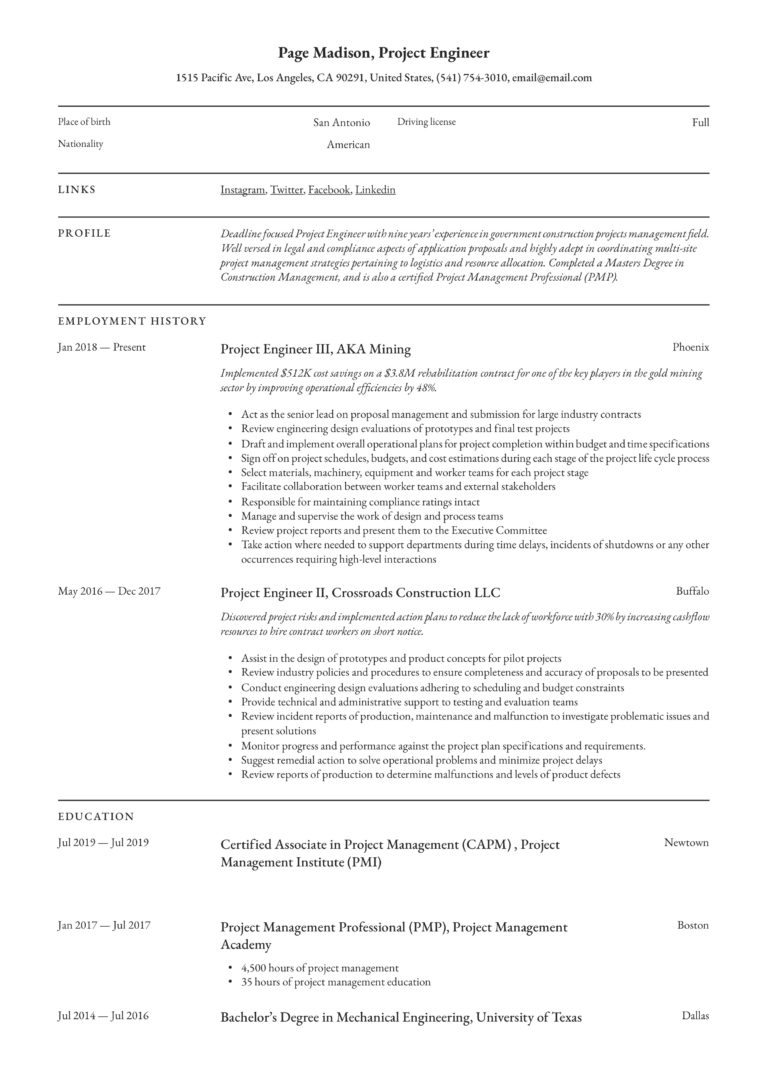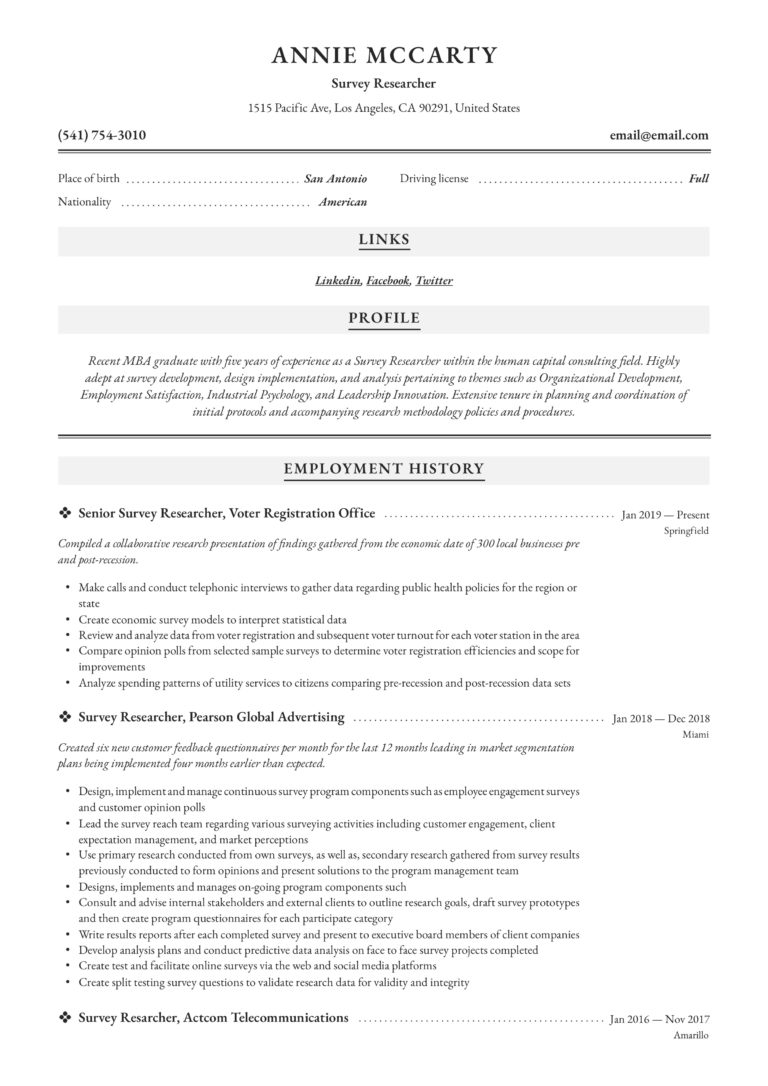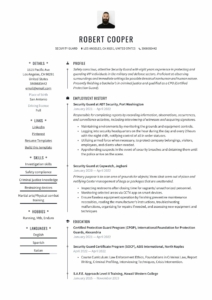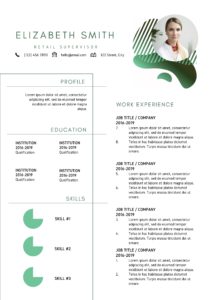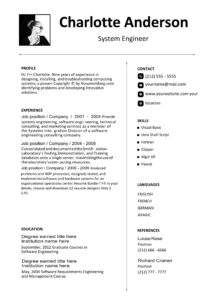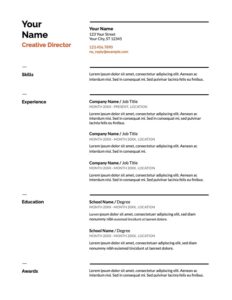Resume Guidelines for Engineering and Science Positions
1. Job Description Advice for Engineering and Science Applicants
Engineers and Scientists can work in a variety of industry disciplines, for example, electrical and electronics engineering, mechanical engineering, industrial engineering, or civil engineering. Jobs in this field include research, designing, testing, troubleshooting, and modifying substances, materials, components, and products. Your job duties should articulate the discipline you are in as well as your industry expertise. To keep up with current resume trends, use the US Bureau of Labor Statistics SIC codes to define your nice specialty.
2. Tell them about your working environment
Engineers and scientists can work in Plants, Factories, Production Facilities, Manufacturing Operations, Government, Laboratories, Pharmaceutical Laboratories, Mines, Construction Sites Consumer Goods, Oil, Gas, Exploration, and Medical Plants. You may also mention whether you are out in the field for most of the day, working shifts, or do a lot of traveling to other locations belonging to the company that you work for.
3. Resume Format for Engineering & Scientific Jobs
It can get quite tricky to balance resume length constraints (2 pages), by providing sufficient technical information about your skills and competencies. Aim for a work history that describes the last 10 years, and pick your 5 main duties per job description. Review the job advertisement first and then include your job duties in accordance with those listed in the vacancy. Work tenure should be presented in reverse chronological order, with the correct dates (month and year) for each job you held. Keep the format neat and organized by using bullet points and a clean font type.
4. Education & Training Requirements
Engineering and Sciences typically hold bachelor's or Master’s degrees in the discipline they are working in. Furthermore, industry-specific certifications and licenses required by associations, regulatory bodies, and institutions are particular to each field (Mechanical, Industrial, Electrical, Civil, Biomedical, Research, Chemical, Manufacturing, and Maintenance).
5. Top Skills to Present
Statistical Design, Data Assimilation, ProModel, Autodesk, AutoCAD, SQL. Excel, SCADA, CNC, Siemens, Solidworks, Research & Development, Planning, Design, Maintenance, Repair, Troubleshooting, Inspection Processes, Splittesting, Coding, Programming, Schematics, Research Methodology, Hypothesis Testing, Project Management, Safety and Health Codes
6. Salary Range
The average salary range for an engineering candidate or scientist is 110k per year.
7. No pictures necessary
In technical jobs, no one cares what you look like, only whether you can perform the job. Resume pics also take up much-needed ‘’real estate’’ on your resume, which could rather be used to add more information about your technical skills. Make sure that you do have a professional profile pic on LinkedIn, though, as recruiters and hiring managers will seek out your profile during the screening and shortlisting process.
